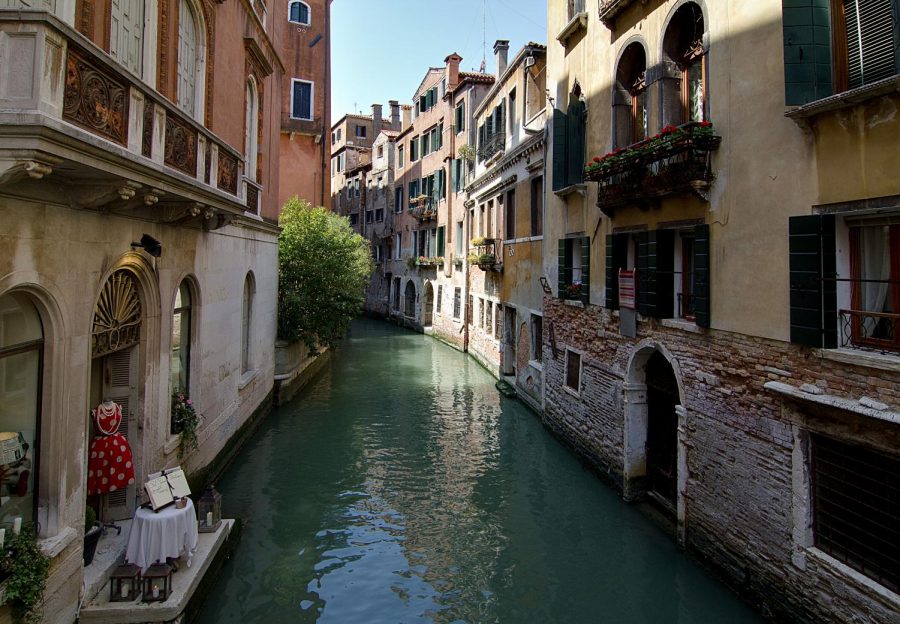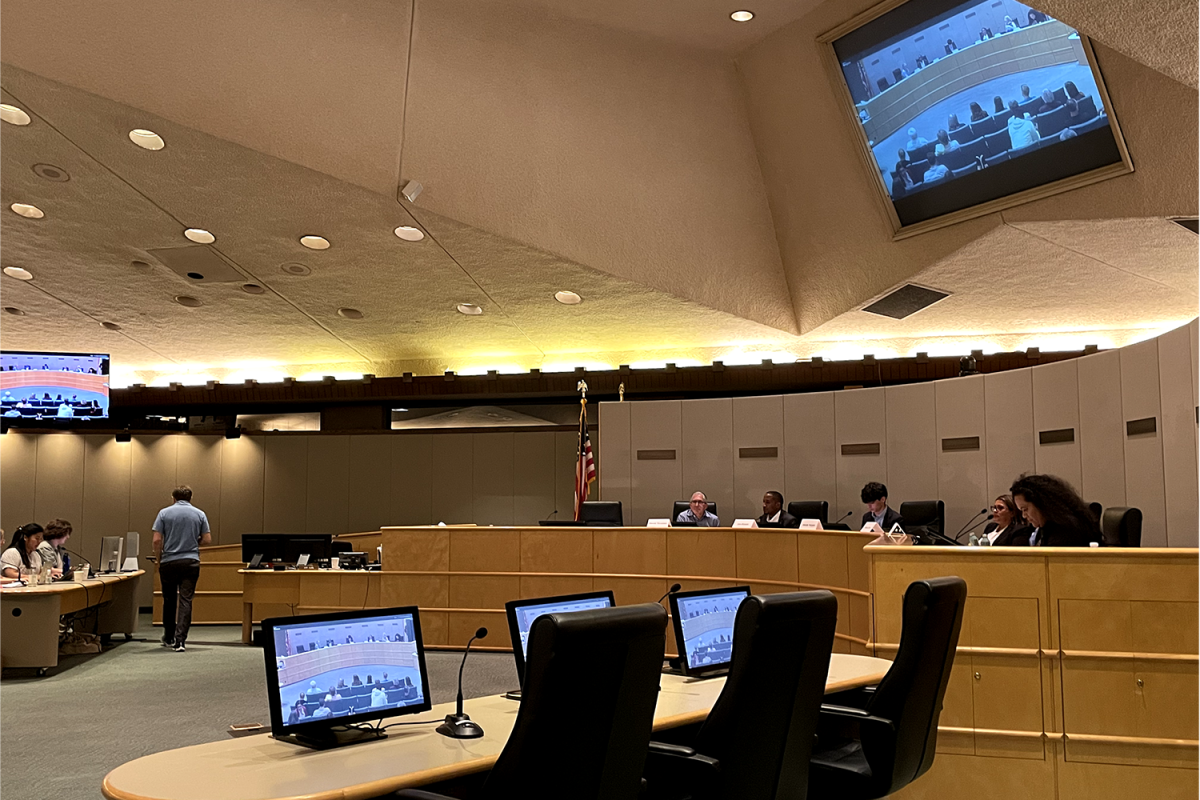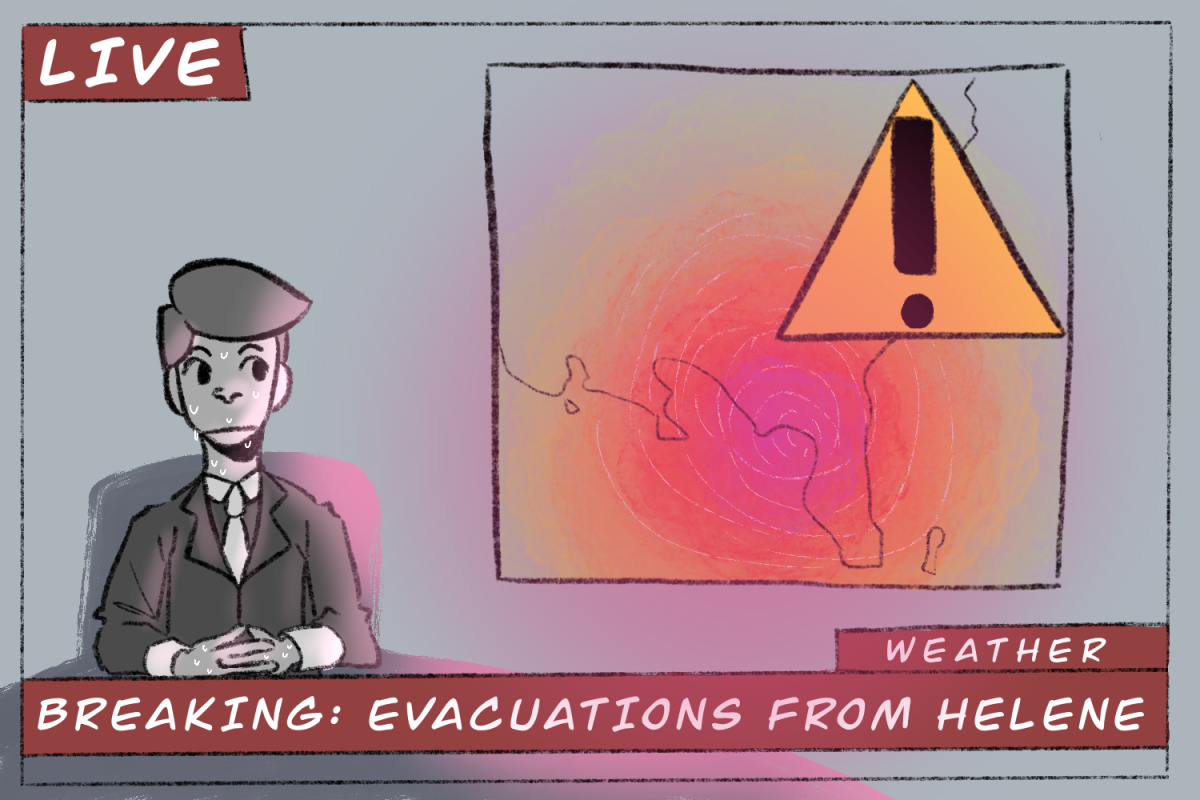Blue skies. A rare sight for the residents of Hubei, China — until now.
The world has come to a screeching halt due to the rapid spread of COVID-19, a virus that has to date killed 14,510 people and infected 332,930 people, according to the World Health Organization (WHO). Factories are closed and streets are empty, as governments worldwide encourage citizens to stay home and mitigate the spread of the coronavirus through social distancing.
Attempts to contain the virus have resulted in a jarring change in everyday life. The downsides are numerous — but can anything good come out of this global pandemic?
Maybe.
Pandemic is shutting down countries but helping the environment
Government orders to shelter-in-place and create travel restrictions have led to a significant decline in the air pollution of major cities.
Authorities in China’s Hubei province ordered all citizens to stay home. As a result, the number of “good quality air days” increased by 21.5% in February, compared to last February, according to China’s Ministry of Ecology and Environment.
Carbon Brief, a climate website, carried out an analysis that suggested China had a 25% drop in energy use and emissions over the course of two weeks. Experts believe that this will likely lead to an overall fall of about 1% in China’s carbon emissions this year.
Satellite images released by NASA and the European Space Agency also show that the amount of nitrogen dioxide (released by vehicles, power plants, and industrial facilities) has dramatically decreased from January to February in large Chinese cities.
“This is the first time I have seen such a dramatic drop-off over such a wide area for a specific event. I am not surprised because many cities nationwide have taken measures to minimize the spread of the virus,” says Fei Liu, an air quality researcher at NASA’s Goddard Space Flight Center, in an interview with CNN.
Data collected in New York City shows that China isn’t the only place to have drastic reductions in air pollution.
According to researchers at Columbia University, New York City’s traffic levels were estimated to be down by 35%, compared to 2019. The city’s carbon monoxide emissions have also fallen by roughly 50% in the last couple of days.
“New York has had exceptionally high carbon monoxide numbers for the last year and a half,” said Róisín Commane, a professor at Columbia University, who carried out the New York air monitoring work. “And this is the cleanest I have ever seen it. It is less than half of what we normally see in March.”
Not only has air quality improved, but Venice has also seen its canals clear up due to fewer boats.
Environmental benefits may be temporary
Despite the progress environmentally, experts believe these improvements may not persist in the long run.
Researchers believe that once the pandemic ends, countries will solely focus on restarting their economies — which could potentially come at the expense of the environment. Li Shuo, a senior climate policy adviser for Greenpeace East Asia, calls this theory “revenge pollution”.
“There might be a round of economic stimulus which would inject cheap credits to heavy industries in China, and as a result of that, we might see increasing pollutants and also carbon emissions in the second half of this year,” Li said in an interview with CNN.
During the 2008-2009 global financial crisis, something similar happened as growth in worldwide greenhouse emissions fell by half the amount; it increased again when the economy returned to full productivity.
Governments need to make the best out of this pandemic
If the economy returns to full output and there is an increase in pollutants, experts like climate scientist Peter Gleick hope that governments can learn from the pandemic and think about other global threats — like climate change.
“The pandemic is fast, shining a spotlight on our ability or inability to respond to urgent threats. But like pandemics, climate change can be planned for in advance, if politicians pay attention to the warnings of scientists who are sounding the alarm,” Gleick said.
David Turnbull, strategic communications director for Oil Change International, suggests that policymakers tie economic stimulus packages to sustainable development.
“The desire to face down [the coronavirus and climate change] can come together. Governments should show they can walk and chew gum at the same time by making sure that the trillions of dollars being injected into economies are done in a way that will keep greenhouse gas emissions lower and promote sustainable growth,” Turnbull said.
Other experts agree with Turnbull’s assessment.
“Environmental and anti-coronavirus priorities should be one set of priorities,” said Christiana Figueres, the UN’s top climate change official until 2016, in an interview with Fortune. “There’s no need to pick between them.”












